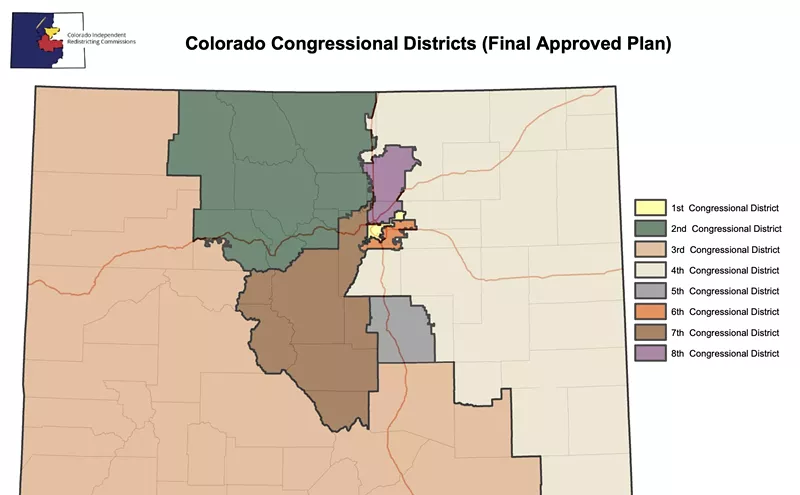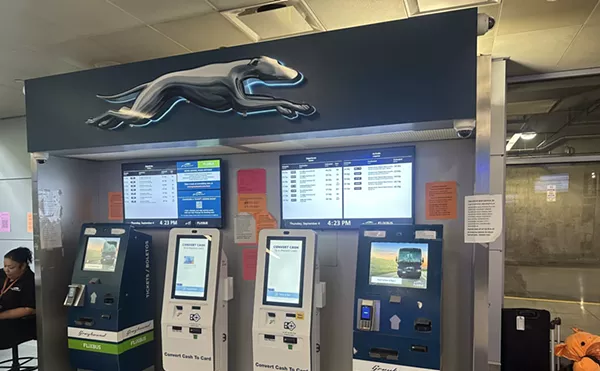See also: Marijuana: Colorado's Legal Pot Sales Rollout Is Succeeding, New Report Says, published August 1, 2014
Here's how the Brookings Institution synopsizes Hudak's post, which sports plenty of Colorado references:1) Oregon, Alaska Plan & Prepare for Legal Marijuana: How well each of these state legislatures and alcohol regulatory bodies work together will determine the success or failure of marijuana policy in these states. As it borders Washington, Oregon's commercial and regulatory choices will be particularly crucial in understanding to what extent states may strive for market advantages vis-à-vis bordering states.This last area shows how the politics of marijuana has changed of late. As Hudak points out, "Hillary Clinton has hinted that she is comfortable letting the states experiment as they have been" -- a once-radical approach that's now part of the Democratic Party mainstream. But some possible Republican candidates may hold even more progressive views. Hudak notes that "Texas Governor Rick Perry has openly discussed decriminalization" and "Kentucky Senator Rand Paul has talked about a need for drug policy reform." Of course, other potential GOP standard bearers are openly anti-pot. As we noted in a July 2012 post, New Jersey Governor Chris Christie has made it clear for years that he doesn't want his state to go to pot like Colorado. And during a July 2014 appearance in Denver to stump for Republican gubernatorial hopeful Bob Beauprez, he defended his earlier contention that marijuana hurts the quality of life here.2) Identifying the Next States to Legalize: 2015 will show which states are serious about ballot initiatives in 2016. It's widely expected that California will advance an initiative and Florida might take another swing at approving medical marijuana, after falling just short of approval in 2014.
3) Cannabis Policy & State Legislative Action: In some states, the battleground for enacting items like the legalization of recreational or medical marijuana is not the ballot box, but the state legislature.
4) Cannabis & the Courts: Multiple high-profile lawsuits surrounding marijuana policy may play out in 2015. For instance, Coats v. Dish Network may settle the issue of employer-sponsored marijuana testing and a Supreme Court case involving Nebraska and Oklahoma's suing of Colorado over legalizing marijuana will indicate the willingness of federal courts to engage in this policy area.5) Answers to Questions About D.C.'s Marijuana Policy: Clarity about the future of marijuana policy in Washington, D.C. will almost surely be left to the federal courts, particularly if there is congressional inaction on Initiative 71.
6) Colorado & Washington (& Uruguay) Continue Legalization: In Colorado, edibles, product testing, and homegrows will be on the agenda. The policy challenge Washington faces is that legal weed could be too costly to lure consumers from the black market. On the international front, Uruguay works hard to ready a bureaucracy and a consumer base for the experiment.
7) Data, Data, Data: One key takeaway for policy advocates, both supporters and opponents, will be to patiently wait to draw conclusions as the data are currently incomplete and imperfect. 2015 will offer steady flows of data from Colorado and Washington, and eventually other states.
8) Presidential Candidates & Cannabis: Marijuana policy will definitely be part of the 2016 conversation in a way that it has not in previous presidential campaigns. And the issue will be particularly interesting to watch as it does not fall neatly along party lines.
As for presidential aspirant Jeb Bush, OnTheIssues.com features a slew of links in which he declares his antipathy for cannabis legalization. Here's how the site characterizes his views on drug-policy reform from various angles:
No medical marijuana; it's just a guise toward legalization. Deploy military on both sides of the US-Mexican border. Supper with kids keeps them away from drugs & booze. Create a prescription drug tracking system to prevent abuse. Opposed treatment instead of jail for nonviolent drug users. Mandatory prison sentences for drug offenses. Reduce drug use by 50% by prevention & enforcement. More federal funding for all aspects of Drug War.Guess party affiliation can sometimes let us know how candidates view marijuana after all.
To read the original Brookings post, click here -- and check out Hudak's 2014 report on Colorado's marijuana rollout below.
Send your story tips to the author, Michael Roberts.












